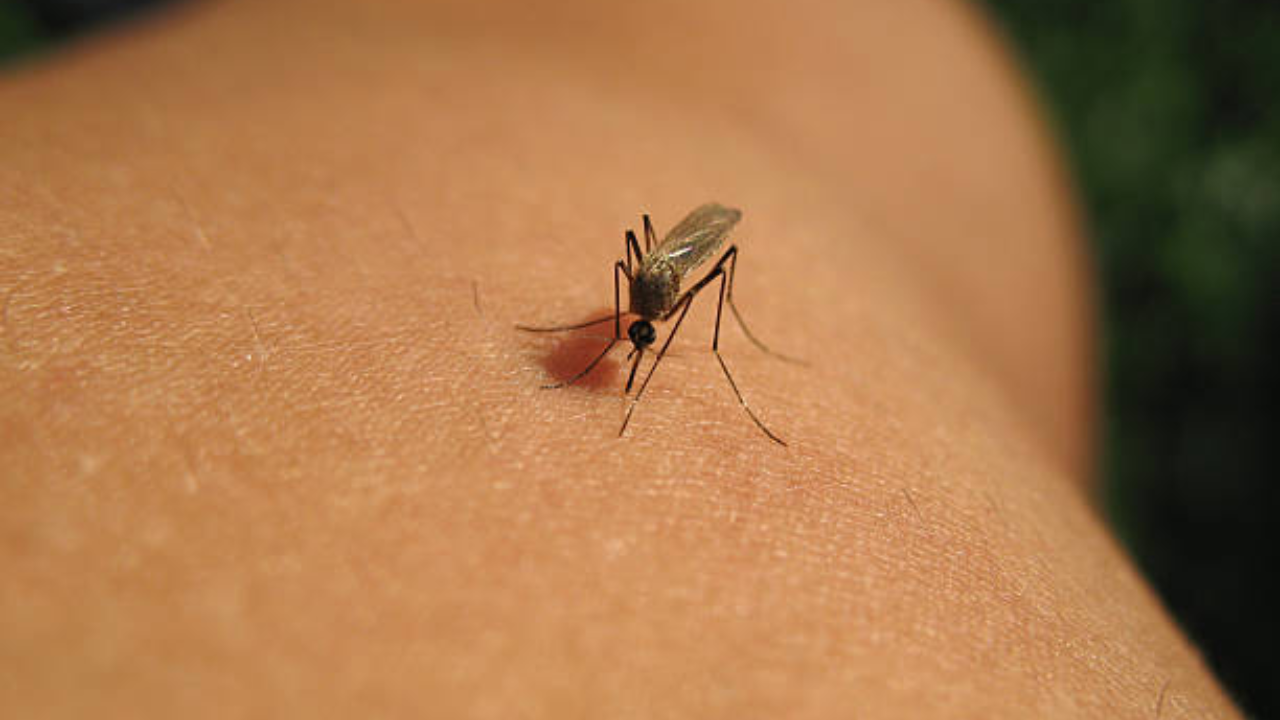
WEST NILE FEVER SPREADS IN KERALA: EARLY WARNING SIGNS AND SYMPTOMS TO WATCH OUT FOR
Over 10 cases of West Nile fever, spread by the Culex species of mosquitoes, spread in three districts of Kerala--Malappuram, Kozhikode and Thrissur. In view of the surge in the infection, the State Health Department has issued an alert and instructed the authorities to ramp up pre-monsoon cleaning activities.
What is West Nile Fever?
West Nile Fever is a viral infection transmitted primarily by mosquitoes, caused by the West Nile virus (WNV). The virus is commonly found in Africa, Europe, the Middle East, North America, and West Asia.Most people infected with the West Nile virus don't experience any symptoms. About 20% of people who become infected with WNV will develop West Nile fever. However, for some, particularly the elderly or those with weakened immune systems, symptoms can range from mild flu-like symptoms such as fever, headache, body aches, and fatigue to more severe complications like meningitis or encephalitis, which can lead to neurological damage or death.
Transmission occurs when mosquitoes become infected after feeding on infected birds, and then bite humans. While there is no specific treatment for West Nile Fever, supportive care can help alleviate symptoms. Prevention focuses on avoiding mosquito bites by using insect repellent, wearing protective clothing, and eliminating mosquito breeding sites such as standing water.
Why is it named West Nile Fever?
West Nile Virus, which is commonly found in Africa, Europe, the Middle East, North America and West Asia, was first isolated in a woman in the West Nile district of Uganda in 1937. It was identified in birds in the Nile Delta region in 1953, according to the World Health Organisation.West Nile fever symptoms
West Nile Fever can manifest with a range of symptoms, although the majority of individuals infected with the West Nile virus (WNV) remain asymptomatic. For those who do exhibit symptoms, they typically appear within 2 to 14 days after being bitten by an infected mosquito.Common symptoms include fever, headache, body aches, and fatigue, which are similar to those of the flu. Additionally, individuals may experience nausea, vomiting, diarrhea, and swollen lymph glands. Skin rash and swollen joints are also reported in some cases.
READ ALSO: AstraZeneca withdraws COVID vaccine worldwide weeks after admitting rare side effects
In more severe instances, West Nile Fever can lead to neurological complications. These may include meningitis (inflammation of the membranes surrounding the brain and spinal cord) or encephalitis (inflammation of the brain). Signs of neurological involvement may include severe headache, high fever, neck stiffness, disorientation, tremors, seizures, paralysis, and coma. Elderly individuals or those with weakened immune systems are at higher risk of developing severe symptoms.
Prompt medical attention is crucial, especially for those experiencing neurological symptoms, as these can be life-threatening. While there is no specific treatment for West Nile Fever, supportive care such as pain management, fluids, and rest can help alleviate symptoms and aid recovery.
Who is at risk?
As per John Hopkins, "You are more likely to get the virus if you are exposed to mosquito bites during the summer months. Most people who are infected have a minor illness and recover fully. But older people and those with weak immune systems are more likely to get a serious illness from the infection."